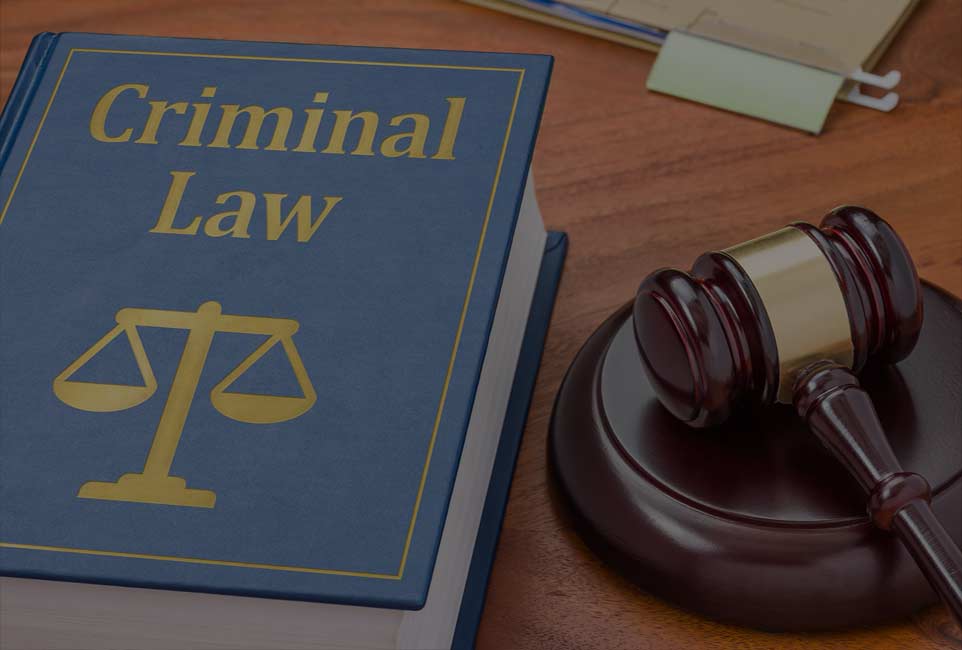Can Police Stop You for “No Reason”? A Criminal Defence Lawyer’s Perspective
Based on insights from Edmonton criminal defence lawyer Rory Ziv
The Legal Reality in Canada
If you’ve ever wondered whether police can pull you over without cause, the answer might surprise you. In Canada, police officers can legally stop drivers for several reasons that don’t require observing a traffic violation or having reasonable suspicion of criminal activity:
- Document checks: Police can stop you to verify your driver’s license, vehicle registration, and proof of insurance
- Sobriety checks: Officers can pull over any vehicle to assess whether the driver is impaired by alcohol or drugs
- Mechanical fitness: Police can stop vehicles to inspect their mechanical condition and ensure they’re safe for road use
This broad authority means that technically, police don’t need a specific reason related to your driving behaviour to initiate a traffic stop.
This authority stems from a 1990 Supreme Court of Canada decision in Regina v. Ladouceur, which was decided by a narrow 5-4 margin. The Court found that the random checks violated the right not to be arbitrarily detained or imprisoned under section 9 of the Canadian Charter of Rights and Freedoms. However, the violation was saved under section 1 as it was a valid form of deterrence for a pressing problem of traffic safety. “Random stops supply the only effective deterrent” to unlicensed driving, the Court reasoned, establishing that random stops for document checks are constitutionally permissible under Canadian law.
The Reality Gap: Who Actually Gets Stopped?
Here’s where the legal theory meets troubling real-world practice. Edmonton criminal defence lawyer Rory Ziv points out a stark disparity in his TikTok video that highlights a concerning pattern:
Despite 27 years of driving, Rory Ziv, as a caucasian man, has never once been stopped by police for a routine document check. However, he notes that a majority of his racialized clients have been stopped multiple times for these same “routine” checks.
This observation raises serious questions about how these seemingly neutral laws are being applied in practice. If document checks, sobriety checks, and vehicle inspections were truly random and applied equally, we would expect to see a more even distribution across all demographics.
Recent Legal Developments Challenge the Status Quo
The legal landscape around random police stops is evolving rapidly. In October 2022, Quebec’s Supreme Court ruled that random traffic stops violate the Canadian Charter of Rights and Freedoms, invalidating police powers across the province to conduct random stops. The case, PG du Québec v. Luamba, marked a significant victory against racial profiling.
The Quebec appellate decision confirms that racial profiling is not an occasional event, but a daily reality for the Black, Arabic and Indigenous communities. The court found that while article 636 of Quebec’s Highway Safety Code is supposed to be applied evenly to all drivers, the evidence showed this wasn’t happening in practice.
What makes this case particularly significant is that it raised novel constitutional issues that went beyond the original Ladouceur decision. While Ladouceur had examined traffic stops only regarding protections against arbitrary detention in section 9 of the Charter, the Luamba case challenged traffic stops under section 7, which guarantees the right to life, liberty and personal security.
However, this victory may be short-lived. The Quebec government has successfully appealed this decision to the Supreme Court of Canada, with the Court granting leave to appeal in May 2025. This means the highest court in Canada will soon reconsider whether random police stops should be permitted, potentially overturning decades of legal precedent.
The Data Speaks: Evidence of Disparate Impact
Research from various Canadian jurisdictions supports Rory Ziv’s observations about unequal enforcement. Studies examining traffic stops have found that compared with White drivers, five of the six racialized groups face disproportionate stopping rates for “provincial and municipal offences”.
The Ontario Human Rights Commission has documented at least 11 human rights applications filed against the Ottawa Police Service from 2009 onward, alleging discriminatory treatment that resembles racial profiling, with several involving traffic stops. This pattern isn’t limited to Ottawa—similar concerns have been raised in cities across Canada.
The statistics are particularly troubling when considering that the vast majority of traffic stops (97.19%) were made for “provincial and municipal offences”—exactly the type of routine document checks that Ladouceur permits police to conduct at their discretion.

Understanding the Original Ladouceur Decision
To understand why this issue remains contentious, it’s important to examine the original 1990 Supreme Court decision more closely. While the Supreme Court unanimously concluded that evidence from random stops should be admitted in court, the nine judges divided sharply on whether Charter rights had been violated, with the majority concluding that while rights had been infringed, the infringement did not amount to a violation of the Charter.
The Court justified this position by arguing that random checks were a valid form of deterrence for the pressing problem of traffic safety. However, this reasoning from over three decades ago is now being challenged with fresh evidence about how these powers are actually being used.
Provincial Variations and Ongoing Challenges
It’s worth noting that police powers can vary slightly between provinces, though the general authority for document checks remains consistent across Canada. Government lawyers defending these powers argue that racial profiling is an issue of individual officers acting improperly rather than a systemic problem with the law itself.
However, civil liberties advocates and legal experts increasingly argue that the problem is structural. When police have broad discretionary powers to stop any driver for routine checks, individual biases, whether conscious or unconscious, can lead to discriminatory enforcement patterns that disproportionately affect racialized communities.
What This Means for Drivers
Understanding your rights during a traffic stop is crucial:
- You must provide your driver’s license, vehicle registration, and proof of insurance when requested
- You must comply with sobriety testing if requested (breathalyzer, field sobriety tests, etc.)
- You must allow vehicle safety inspections if requested
- You are not required to answer questions beyond providing required documents and complying with lawful testing
- You can remain silent about where you’re going, where you’ve been, or what you’re doing
- You should comply with all lawful requests while preserving your rights
The Bigger Picture
While the law technically allows police to stop any driver for document checks, the apparent selective enforcement raises important questions about equality before the law. If certain communities are disproportionately targeted for these “random” stops, it undermines the principle that all citizens should be treated equally by law enforcement.
The conversation around police stops and racial profiling continues to evolve, and legal challenges to current practices may reshape how these powers are exercised in the future.
Take Action: Know Your Rights and Get Legal Help
Understanding your rights during police stops is just the first step. If you’ve been stopped by police and believe your rights were violated, or if you’re facing charges following a traffic stop, don’t navigate the legal system alone.
Contact an experienced criminal defence lawyer in Edmonton today – contact Rory Ziv to discuss your case and protect your rights. Whether you’re dealing with impaired driving charges, document violations, or believe you were targeted unfairly, professional legal representation can make all the difference in your case outcome.
Don’t wait – your freedom and future may depend on the actions you take right now!
This blog post is based on insights shared by Rory Ziv, a criminal defence lawyer practicing in Edmonton, Alberta. For specific legal advice about your situation, consult with a qualified lawyer in your jurisdiction.








